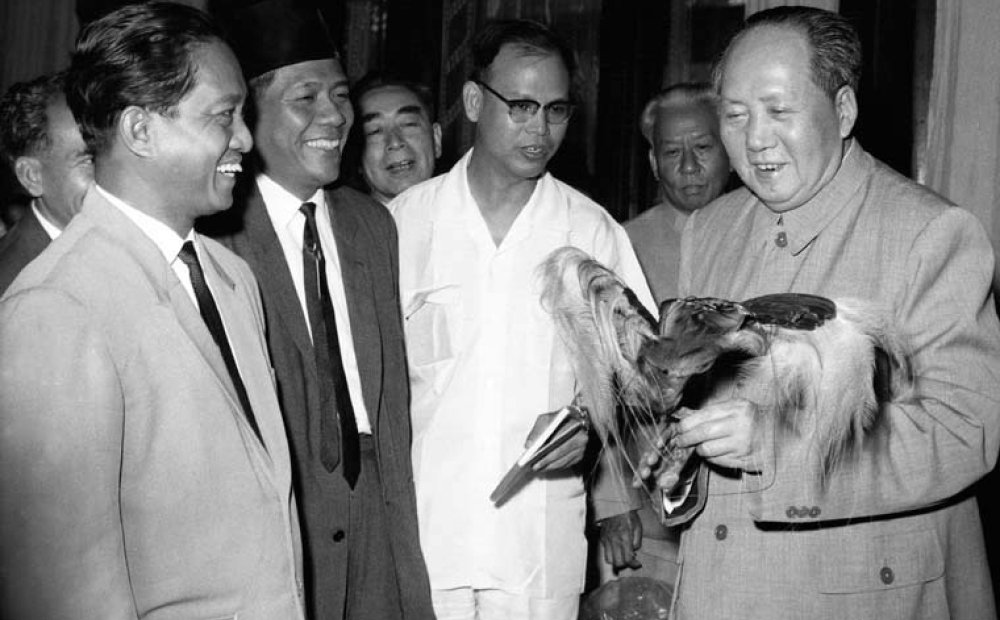Marshal Tito, Chairman Mao, and the Struggle inside the Third World during the 1950s and 1960s

The world’s two outstanding communist mavericks, China and Yugoslavia, competed for influence in the Third World in the 1950s and 1960s and worked to shape the political identity of the Global South during the Cold War.
Long forgotten, this important competition is now coming into clearer light due to new revelations from archives in Serbia, China, India, Myanmar, Russia, the United Kingdom, and the United States.
Dr. Jovan Cavoski, a member of the Institute for Recent History of Serbia, will draw on these sources to discuss the ideological, diplomatic, and economic rivalries between Yugoslavia and China in the developing world.
His presentation will show that the Sino-Yugoslav competition was closely interconnected with the emergence and evolution of the two distinctive political currents and movements among the post-colonial nations: the Afro-Asian Movement and the Non-Aligned Movement. The former professed a regional and radical role for the Third World, while the latter insisted on carving out a universal and moderate space between the two superpower blocs. The China-Yugoslav rivalry thus shaped the foreign policy dynamics of the developing world as much as, if not more than, other Cold War rivalries in the Third World.
Cavoski’s talk will furthermore demonstrate that the ideological and political struggle inside the Third World—a struggle at the intersection of Cold War and decolonization—was as fierce and pervasive as the one conducted by the two superpowers.
Dr. Jovan Čavoški is a researcher at the Institute for Recent History of Serbia in Belgrade. In 2014 he completed his PhD in diplomacy/diplomatic history at the Peking University, School of International Studies. His thesis, written and defended in Chinese, dealt with China’s policies towards the rising strategy of nonalignment in the 1950s and 1960s. His research focuses on the Cold War in the Third World, comparisons between the foreign policies of China, Yugoslavia, India, Myanmar, and Indonesia towards that region. He is also interested in superpower influences in the Third World and the rise and evolution of the concept of neutralism and nonalignment in world affairs. Thirty of his articles have been published or are in the process of publication in leading journals and volumes in Serbia, China, Russia, Britain, Germany, Indonesia, Myanmar, Algeria, and the United States. In 2009, he published his first book “Yugoslavia and the Sino-Indian Conflict, 1959-1962” (Belgrade: Institute for Recent History of Serbia), while his second book “Distant Countries, Closest Allies: Josip Broz Tito, Jawaharlal Nehru and the Rise of Global Nonalignment” was published by the Nehru Memorial Museum and Library in 2015.
Speaker
Hosted By

Cold War International History Project
The Cold War International History Project supports the full and prompt release of historical materials by governments on all sides of the Cold War. Read more


History and Public Policy Program
A leader in making key foreign policy records accessible and fostering informed scholarship, analysis, and discussion on international affairs, past and present. Read more
